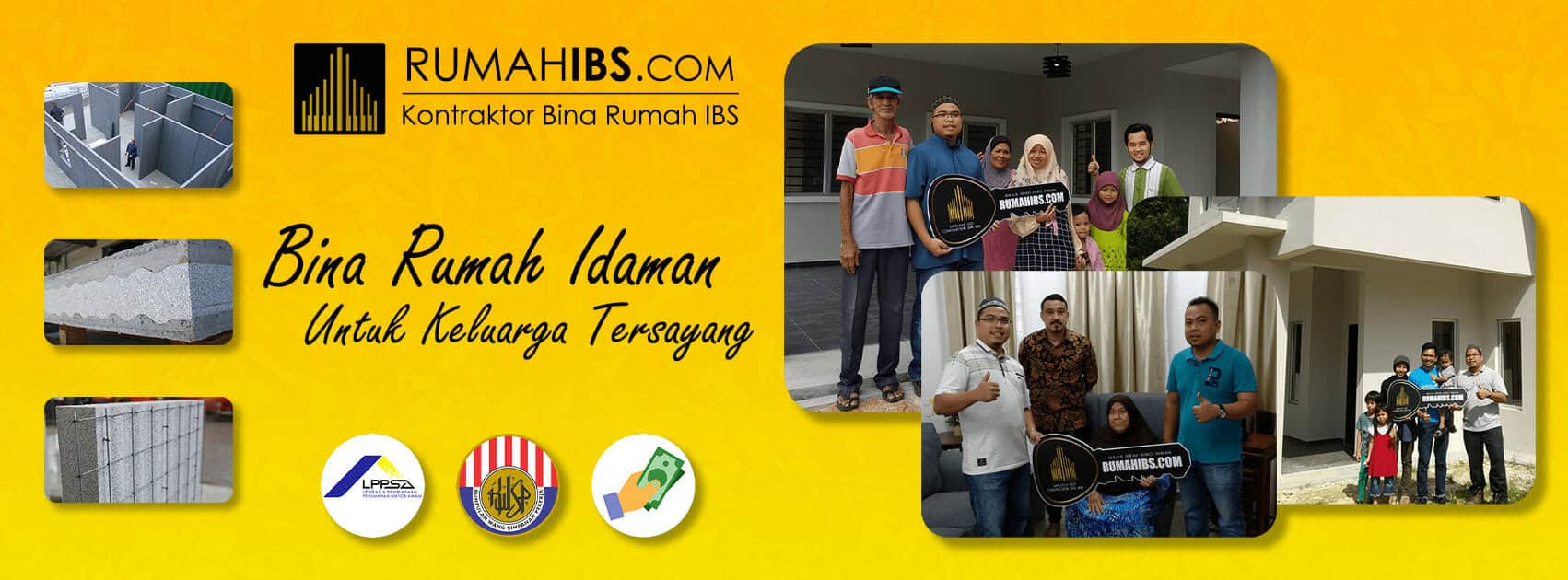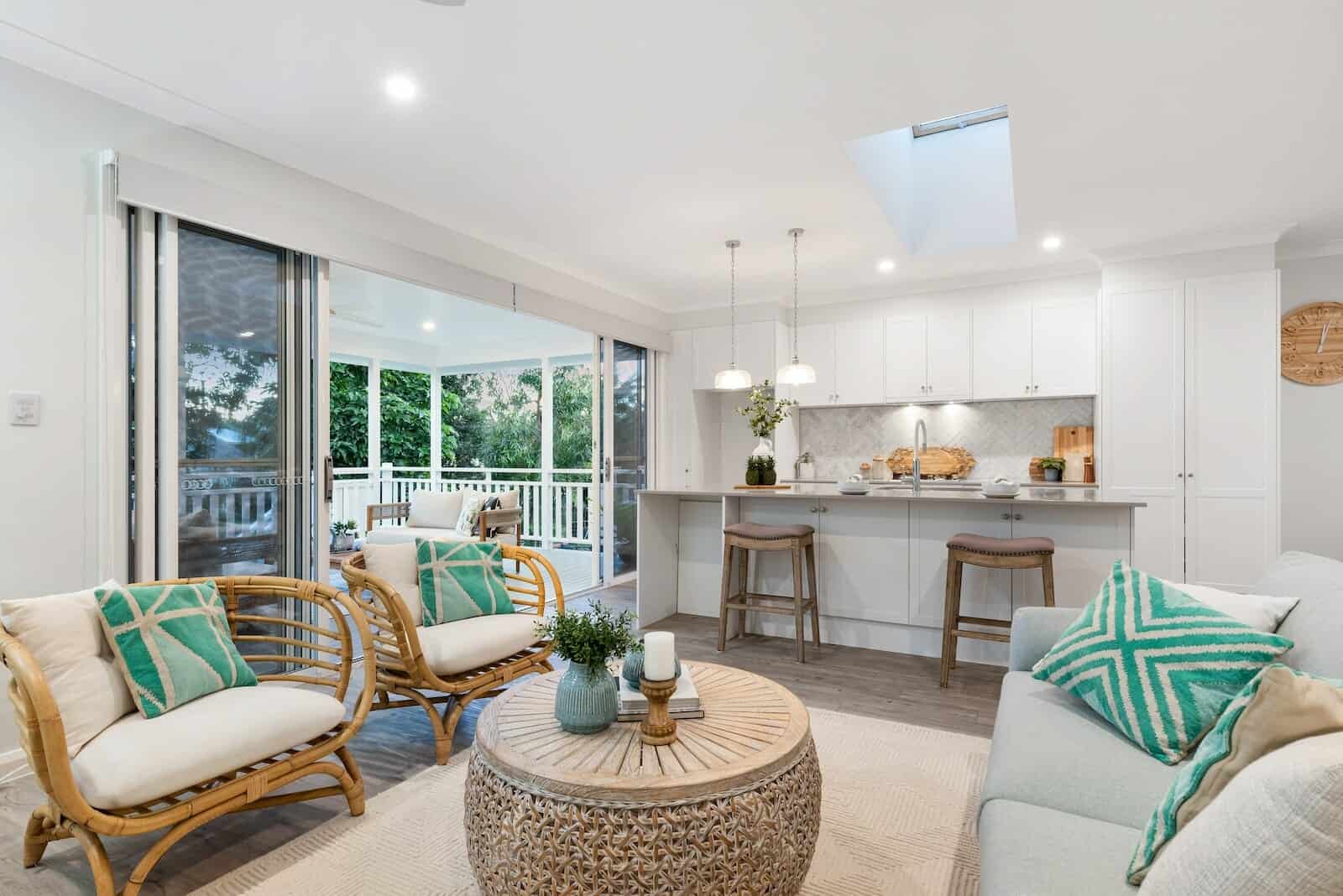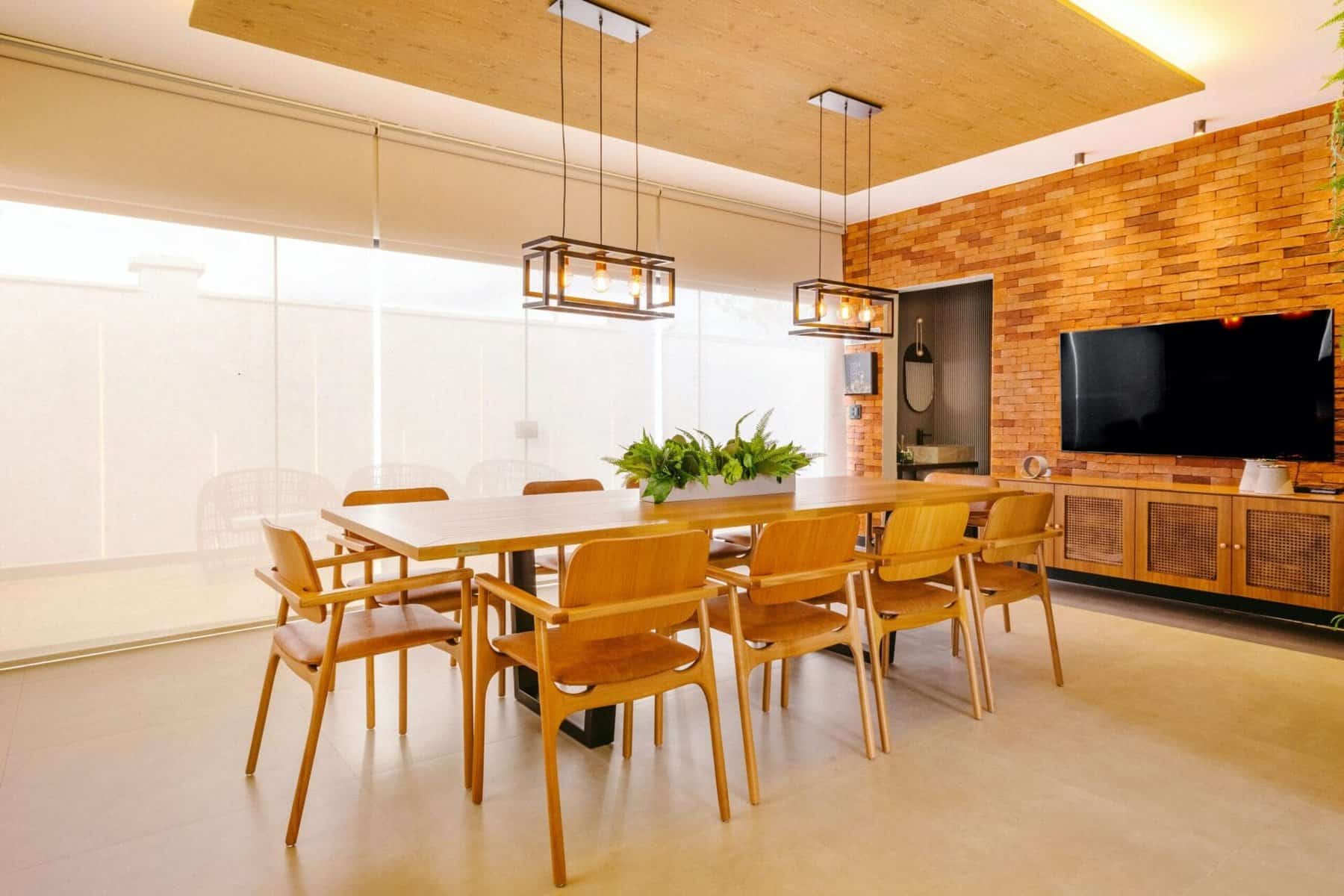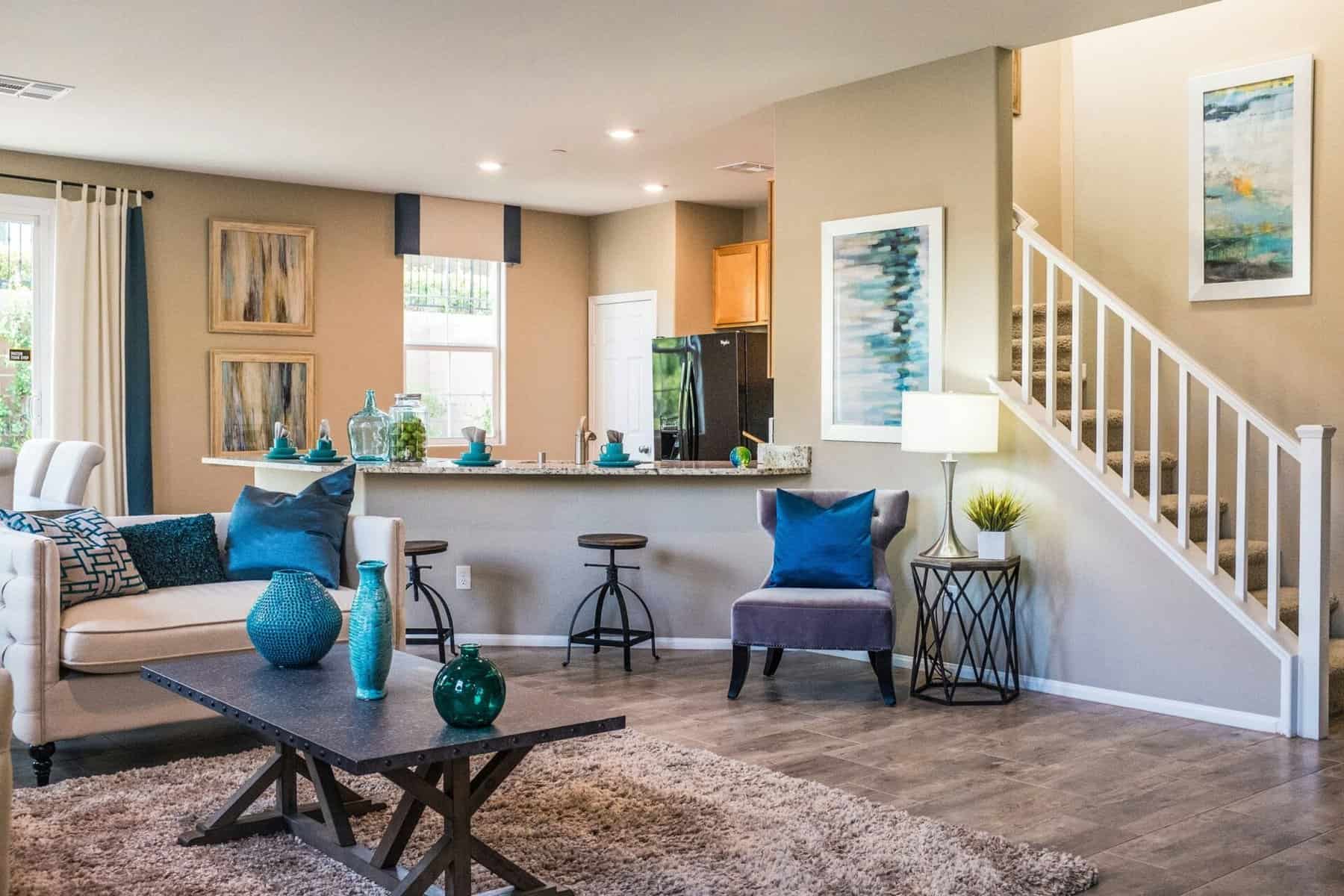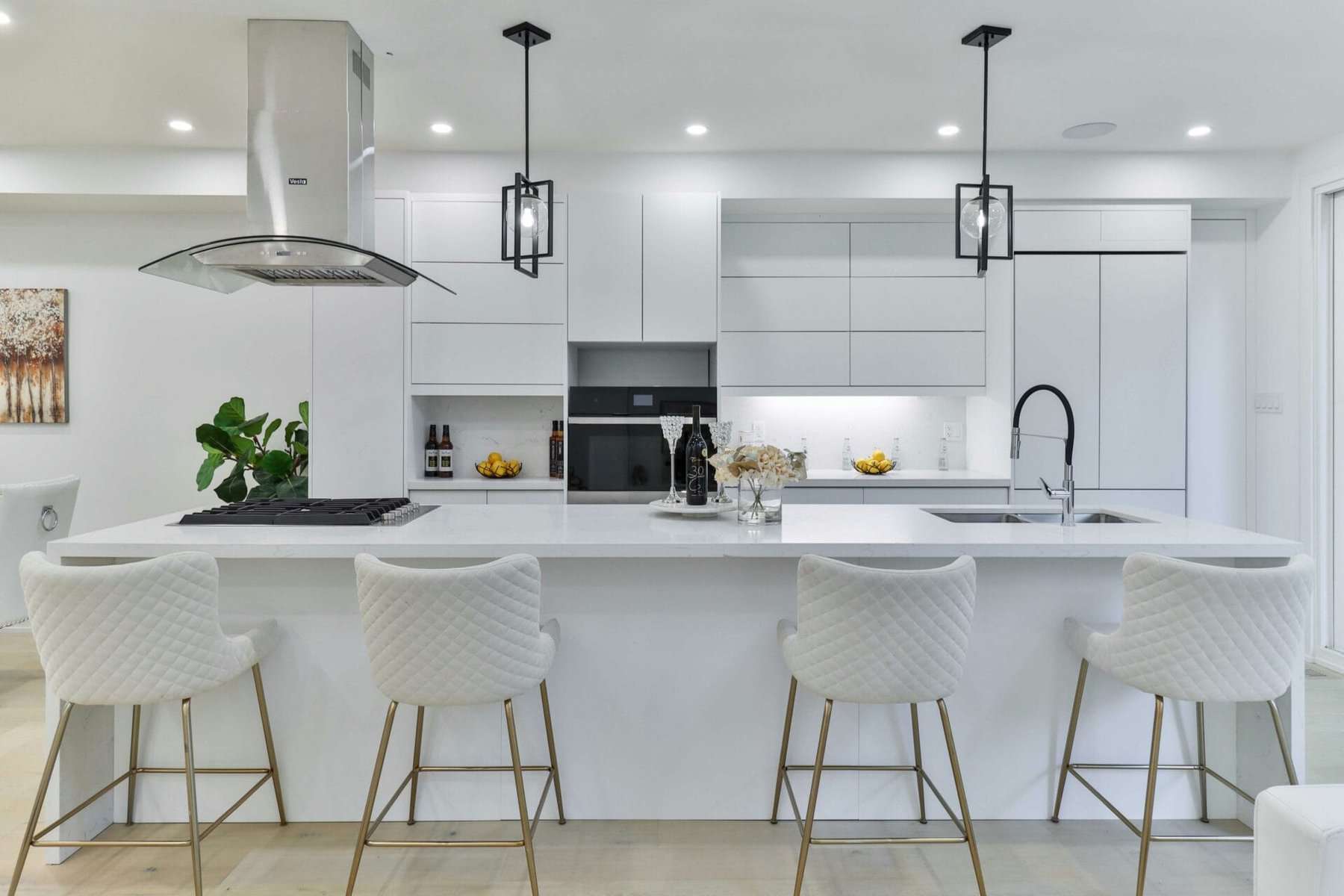- Bina Rumah Batu-Bata
- Zero Deposit
- Spesifikasi Rumah
- Lokasi Projek
- Pembiayaan LPPSA
- Garis Panduan LPPSA (Rasmi)
- Soalan Lazim LPPSA
- E-Book LPPSA (Download)
- 1. Apa itu LPPSA?
- 2. Kelebihan LPPSA
- 3. Syarat Kelayakan
- 4. Jenis-Jenis Pembiayaan
- Jenis 1 – Pembelian Rumah Kediaman Yang Telah Siap
- Jenis 2 – Membina Rumah Di Atas Tanah Sendiri
- Jenis 3 – Membeli Rumah Kediaman Yang Sedang Dibina
- Jenis 4 – Pembelian Tanah Bagi Pembinaan Rumah
- Jenis 5 – Melunaskan Keseluruhan/ Sebahagian Pinjaman Sedia Ada Daripada Bank/ Institusi Kewangan
- Jenis 6 – Pembinaan Rumah Kediaman Di Atas Tanah Yang Sedang Dibiayai Oleh BPP/ LPPSA
- Jenis 7 – Ubah Suai Rumah Yang Sedang Atau Telah Selesai Bayar Melalui LPPSA
- 5. Semak Kelayakan LPPSA
- 6. Dokumen Yang Diperlukan
- 7. Insurans/ Takaful LPPSA
- 8. Kos Yuran Guaman
- 9. BONUS: Bina Rumah
- Pembiayaan Koperasi
- Pengeluaran KWSP
- Bayaran Tunai
- Kalkulator
Comprehensive Guide: 6 Tips and Important Steps in Building Your Dream Home on Your Own Land
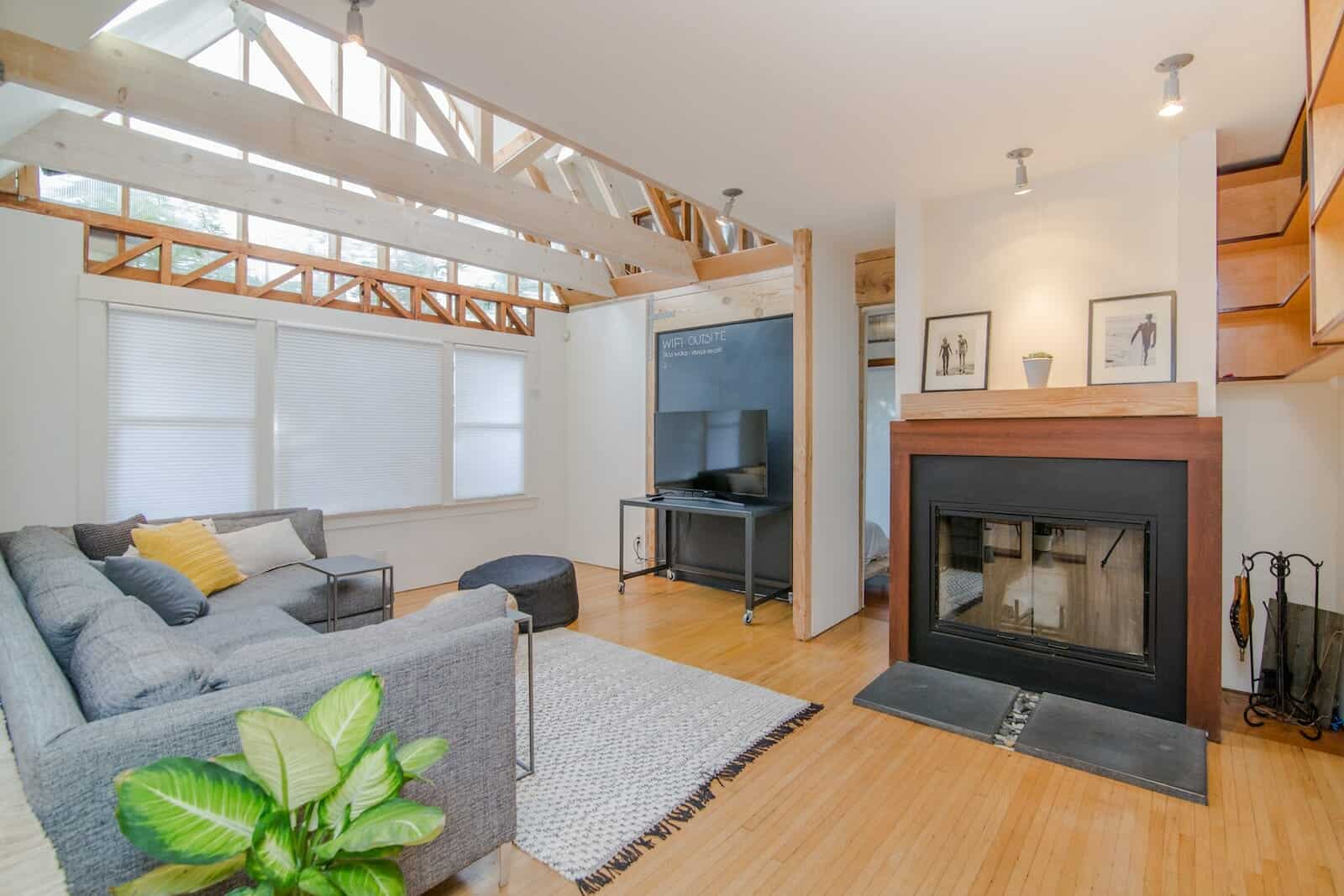
Comprehensive Guide: 6 Tips and Important Steps in Building Your Dream Home on Your Own Land
Introduction
Building a house on your own land is a dream for many people. It gives you the freedom to design your dream home without many restrictions. However, this process is also full of challenges and complications that may not be expected. Statistics show that the tendency to build houses on one’s own land is increasing in Malaysia, especially in rural areas.
The purpose of this article is to provide a comprehensive guide that will help you through each step of the process, from land selection to the construction process. We will discuss the advantages and disadvantages, important tips, and also common mistakes that often occur.
By using the bank financing eligibility calculator and housing loan calculator , you will also be able to find out your eligibility in obtaining financing for this project.
Advantages and disadvantages of building a house on your own land
Building a house on your own land is a big decision and requires careful planning. Before you go any further, let’s take a look at some of the advantages and disadvantages you may face.
Advantage:
- Freedom In Design
- You have full freedom to design your home according to your taste and needs. This is an opportunity to create the dream home that has only existed in your imagination.
- Full Control Over the Project
- You will have full control in terms of material selection, contractors, etc. This allows you to ensure the quality and standard you want.
- Potential Cost Savings
- With good management and the right selection of materials, you have the potential to save costs. You can also take advantage of IBS panels for cost savings.
Disadvantages:
- Complexity In Regulation And Approval
- There are many regulations and approvals that need to be obtained before starting a project. This includes approval from the PBT list in Selangor or any relevant PBT.
- Risk In Project Management
- Without enough experience or knowledge, you may face many risks including project delays, financial problems, etc.
- Unexpected Additional Costs
- There is always the possibility of additional costs that may arise, such as site problems, changes in design, or material price increases.
Before you start a project, it is important to consider all these factors. To make sure you make the right decision, you can use the bank financing eligibility calculator and housing loan calculator provided by us.
6 Key Tips In Building A House On Your Own Land
1. Make sure your name is in the land grant
The land grant is the most important legal document in the house building process. It is proof of ownership and also contains important information about the land. Make sure your name is on the land grant before starting any construction work.
Importance and Procedure:
- Proof of Ownership : Without your name on the grant, you have no legal right to build or make any changes to the land.
- Facilitating Financial Affairs : Banks are more likely to approve loans if your name is on the land grant. You can use the bank’s financing eligibility calculator to find out your eligibility.
- Procedure : You need to contact the land office to include your name in the grant. This process may require some documents and fees.
Mistakes to Avoid:
- Not Checking Land Status : Make sure the land is not mortgaged or has any legal issues. You can check this through the list of PBT in Selangor or the relevant PBT.
- Ignoring Grant Details : Grants also contain conditions and constraints that may affect construction. Make sure you understand all these details before starting the project.
- Not Getting Legal Advice : It is wise to get advice from an experienced real estate attorney to ensure everything goes smoothly.
Taking these steps will ensure you don’t run into legal or financial problems later on. This is the first and most important step in building your dream home.
2. Identify the Earth’s Surface and Land
Before starting the construction process, it is very important to understand the topography and soil type of the site you have chosen. This will affect many aspects, from the design of the house to the cost of construction.
Importance of Area Cleaning:
- Reducing Risks : Cleaning the area is the first step to reduce risks such as floods or landslides. This also simplifies the construction process.
- Site Assessment : Area clearance allows you and your contractor to make a more accurate site assessment. This includes determining the location of utilities and road access.
- Cost : Knowing the condition of the site will help you in setting a more accurate budget. You can use the bank’s financing eligibility calculator to help you.
Determining the Height of the House Base:
- Water Drainage : The elevation of the site affects water drainage, which is an important factor to avoid problems such as flooding.
- Design : Height also affects the design of the house. For example, if the site is hilly, you may need a different design than a flat site.
- Cost : Sites that require a lot of earthwork or piling will increase construction costs. Be sure to consider this in the cost of building a home .
Mistakes to Avoid:
- Not Doing Soil Test : This is a very important test to know the type of soil and its stability. Failure to do this can lead to structural problems.
- Ignoring Environmental Aspects : Factors such as the direction of the sun, wind, etc. also need to be considered in the design of the house.
- Not Getting Both Architect’s and Contractor’s Opinions : Both have different perspectives and input from both parties is essential to a successful project.
Understanding the topography and soil type will not only help you in the construction process but also in maintaining and preserving your home in the long term.
3. Hire an Architect For Design Plans
Choosing to build a house on your own land gives you the freedom to design your dream home. However, this freedom also brings with it the responsibility to make the right decisions, and this is where the role of the architect becomes very important.
Advantages of Having a Design Plan:
- Vision Becomes Reality : Architects help turn your vision into reality by creating a design plan that meets your needs and tastes.
- Space Optimization : They are experts in optimizing space and ensuring your home functions at its best.
- Regulatory Compliance : An experienced architect will ensure your plan complies with all regulations and building codes, reducing the risk of legal problems.
- Material Consultation : They can also provide advice on the materials that should be used, which you can compare with the specifications of the house we offer.
Architect Selection Process:
- Portfolio : Look at the architect’s portfolio to judge the style and quality of their work.
- Reviews and Recommendations : Read reviews or ask for recommendations from people who have used their services.
- Interview : Conduct an interview to make sure they understand your needs and budget.
- Agreement : Make sure all aspects of cooperation are arranged in a clear agreement, including timetable and payment.
Mistakes to Avoid:
- Ignoring the Budget : Make sure the architect understands your budget and is able to work within those limitations.
- Not Checking Qualifications : Make sure the architect you choose has the necessary certificates and qualifications.
- Ignoring Communication : Choose an architect who is easy to contact and open in communication, this will facilitate the construction process.
Hiring an architect is a valuable investment in building your dream home. They not only help in the design aspect but also in making sure your project runs smoothly and complies with the existing regulations.
4. Build a house according to your ability
Building a home is a big project that requires a serious financial commitment. Therefore, it is very important to ensure that you build a house according to your financial capabilities. Here are some aspects you should consider.
How to Set a Budget:
- Financial Assessment : Before starting anything, do a thorough financial assessment. Use the bank financing eligibility calculator and home loan calculator to help you.
- Hidden Costs : There are always unexpected costs in construction projects. Set aside an additional budget of around 10-20% of the total budget to cover this.
- Financing : If you need financing, make sure you understand all the terms and conditions. You can consider a LPPSA loan or a bank loan depending on your eligibility.
Advantages and disadvantages:
- Advantages :
- Full Control : Building your own home gives you full control over all aspects, including the quality of materials and design.
- Personal Satisfaction : There is nothing more satisfying than seeing your dream home become a reality.
- Disadvantages :
- Time and Energy : This project will consume a lot of your time and energy.
- Financial Risk : Without good planning, you may face financial problems.
Mistakes to Avoid:
- Not Considering the Future : Your design and budget should consider future needs, such as a growing family or lifestyle changes.
- Ignore Expert Advice : Always consult with financial experts, architects, and home contractors before making big decisions.
- Not Having a Backup Plan : There is always a back up plan if something doesn’t go as planned.
Building a house within your own means not only helps you avoid financial stress but also ensures the success of your project in the long run.
5. Find out about the materials and specifications of the house
Material selection is one of the most important aspects of a home construction project. Quality materials not only affect the aesthetic beauty of the house but also the stability and durability of the structure. Here are some tips and guides to help you make the right choice.
Suitable Material Types:
- Bricks vs IBS Panels : Bricks are the traditional choice, but IBS panels offer advantages such as speed of installation and labor efficiency.
- Wood vs Concrete : Wood provides a natural, warm look, while concrete is more durable and requires less maintenance.
- Metal vs Plastic : For fittings and accessories, metal is usually more durable but may require more maintenance than plastic.
The Importance of Choosing Quality Materials:
- Durability : Quality materials will ensure your home is durable and minimize maintenance costs in the future.
- Security : Strong, fire-resistant materials will add an extra layer of security to your home. Also consider installing a safety door .
- Aesthetics : Quality materials are usually more visually appealing and will increase the aesthetic value of your home.
Mistakes to Avoid:
- Ignoring Quality For Price : Don’t be tempted by cheap materials that may not last long or meet safety standards.
- Not Doing Tests : Always ask for samples and do small tests when possible, especially for materials like paint or flooring.
- Ignoring Expert Advice : Consult with your home’s architect and contractor to get material recommendations that best suit your home’s needs and climate.
Choosing the right material is a long-term investment. This will not only affect the appearance of your home but also its functionality and safety. So, take the time to do research and consult with experts before making a decision.
6. Choose the Best Contractor
Choosing a contractor is one of the most critical decisions in a home construction project. The right contractor will ensure that your project is completed on time, on budget, and in accordance with established specifications. Here are some steps that can help you make the right choice.
Selection Criteria:
- Experience and Expertise : Find a contractor with experience in the type of project you want. For example, if you are interested in an IBS home , look for a contractor who specializes in this technology.
- Reputation and Reviews : View customer reviews and ask for referrals if necessary. This will give you an idea of the quality of work and professionalism of the contractor.
- License and Insurance : Make sure the contractor has all the necessary licenses and insurance. This is a sign of professionalism and also gives you protection.
- Price and Contract : Make sure all details, including price, schedule, and specifications, are explained in the contract.
Advantages of Choosing the Right Contractor:
- Time Efficiency : Experienced contractors are usually more efficient and can complete projects more quickly.
- Quality of Work : They will ensure that all materials and work meet the standards that have been set, thus reducing the risk of problems in the future.
- Ease of Communication : A good contractor will always be available to communicate and provide updates on the project.
Mistakes to Avoid:
- Ignore Written Agreements : Always insist on having all agreements in written form, not just verbally.
- Not Checking Work History : Don’t be shy about asking for a portfolio or examples of previous work.
- Ignoring Instincts : If you feel uncomfortable with a particular contractor, it may be a sign to look for other options.
Choosing the right contractor is key to the success of your home construction project. With careful planning and research, you will find a contractor who not only meets your needs but also exceeds your expectations.
The Importance of Planning and Scheduling
In a home construction project, planning and scheduling are two very important elements. Without good planning and accurate scheduling, your project is at risk of delays and cost overruns. Here are some tips to make sure everything goes smoothly.
Planning Steps:
- Research Phase : This is the time to do research on all aspects of the project, from selecting materials to choosing a home contractor .
- Budgeting : Create a realistic budget based on your research. Use the bank financing eligibility calculator to help you.
- Plan Making : Talk to your architect to make a plan that fits your needs and budget.
- Obtaining Approvals : Before starting construction, make sure you obtain all necessary approvals and licenses.
Importance of Scheduling:
- Avoiding Delays : Good scheduling will help you identify and avoid potential delays.
- Resource Management : This helps in the management of resources including manpower, materials, and equipment.
- Cost Control : With scheduling, you can monitor production and ensure projects stay within budget.
Mistakes to Avoid:
- Less Flexible : While scheduling is important, there are times when you need to be flexible. For example, bad weather may require schedule adjustments.
- Ignore Input from Experts : Always listen to input from your architects and contractors, as they have experience and expertise in this field.
- Not Considering External Factors : Factors such as festivals or rainy season can affect the schedule and need to be considered.
Effective planning and scheduling is key to ensuring your home construction project runs smoothly and meets expectations. This will help you avoid many problems and ensure the success of your project.
Conclusion and Next Steps
Building a house on your own land is a journey that requires careful planning, research, and implementation. From making sure your name is on the land grant, choosing materials and specifications, to choosing the right contractor, each step has its own importance.
Summary of Important Steps:
- Documentation and Legislation : Make sure all documents and legal approvals are in place and valid before starting the project.
- Planning and Scheduling : This is key to making sure your project runs smoothly and stays on budget.
- Selection of Materials and Workforce : The quality of materials and expertise of the workforce will affect the final outcome of your project.
- Monitoring and Evaluation : Always monitor the progress of the project and make periodic evaluations to ensure that everything is going according to plan.
Next Steps:
- Post-Construction Monitoring : Don’t neglect your home after construction. Do regular inspections to make sure everything is in good condition.
- Maintenance : Create a routine maintenance schedule to ensure your home stays in top condition.
- Reevaluate : After a few years, reevaluate your needs. You may need to make renovations or upgrades based on changing needs.
Building a home is a long-term investment that requires commitment and attention to detail. With accurate planning and smart decisions, you will have a dream home that is not only beautiful but also functional and durable.
If you have any questions or need further assistance, please do not hesitate to contact us . We at Masjaya Eco Construction will be happy to assist you in creating your dream home.
